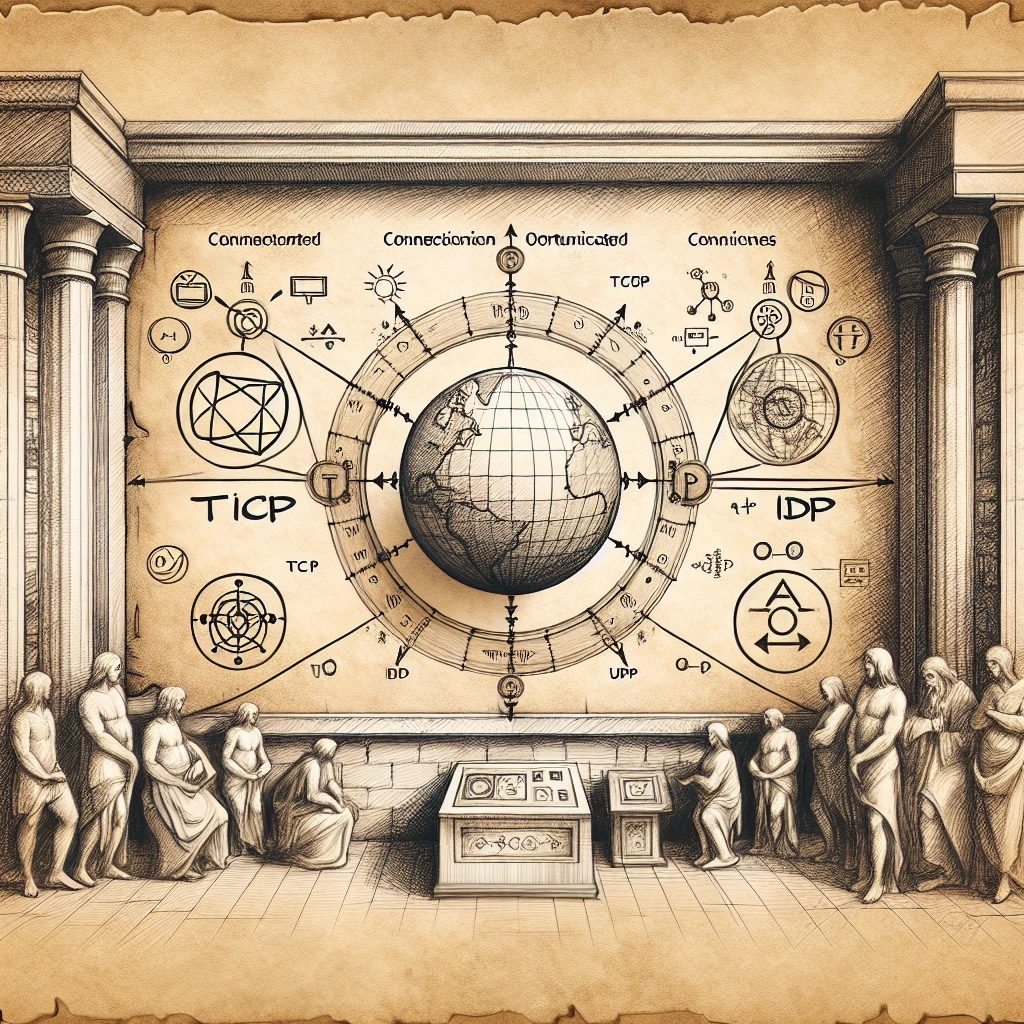
- Published on
- Authors

- Name
- ric de yuga 😄
What is TCP? 🔗
TCP stands for Transmission Control Protocol. It is a connection-oriented protocol that provides a reliable way to send data over a network. TCP guarantees that all data will be delivered in the correct order and that no data will be lost. TCP is often used for applications that require a reliable connection, such as web browsing and email.
What is UDP? 📦
UDP stands for User Datagram Protocol. It is a connectionless protocol that provides a faster way to send data over a network. UDP does not guarantee that all data will be delivered or that it will be delivered in the correct order. UDP is often used for applications that do not require a reliable connection, such as streaming video and audio.
Comparison of TCP and UDP 📊
| Feature | TCP | UDP |
|---|---|---|
| Connection-oriented | Yes | No |
| Data integrity | Guaranteed | Not guaranteed |
| Data ordering | Guaranteed | Not guaranteed |
| Flow control | Yes | No |
| Error detection | Yes | No |
| Retransmission | Yes | No |
| Typical use cases | Web browsing, email | Streaming video, audio |
Which protocol should you use? 🤔
The best protocol to use depends on your specific needs. If you need a reliable connection, then you should use TCP. If you need a faster connection and you don't need a reliable connection, then you should use UDP.
Conclusion 🎉
TCP and UDP are both important protocols that are used to send data over a network. TCP is a reliable protocol that guarantees that all data will be delivered in the correct order. UDP is a faster protocol that does not guarantee that all data will be delivered or that it will be delivered in the correct order. The best protocol to use depends on your specific needs. Choose wisely! 🚀😄
